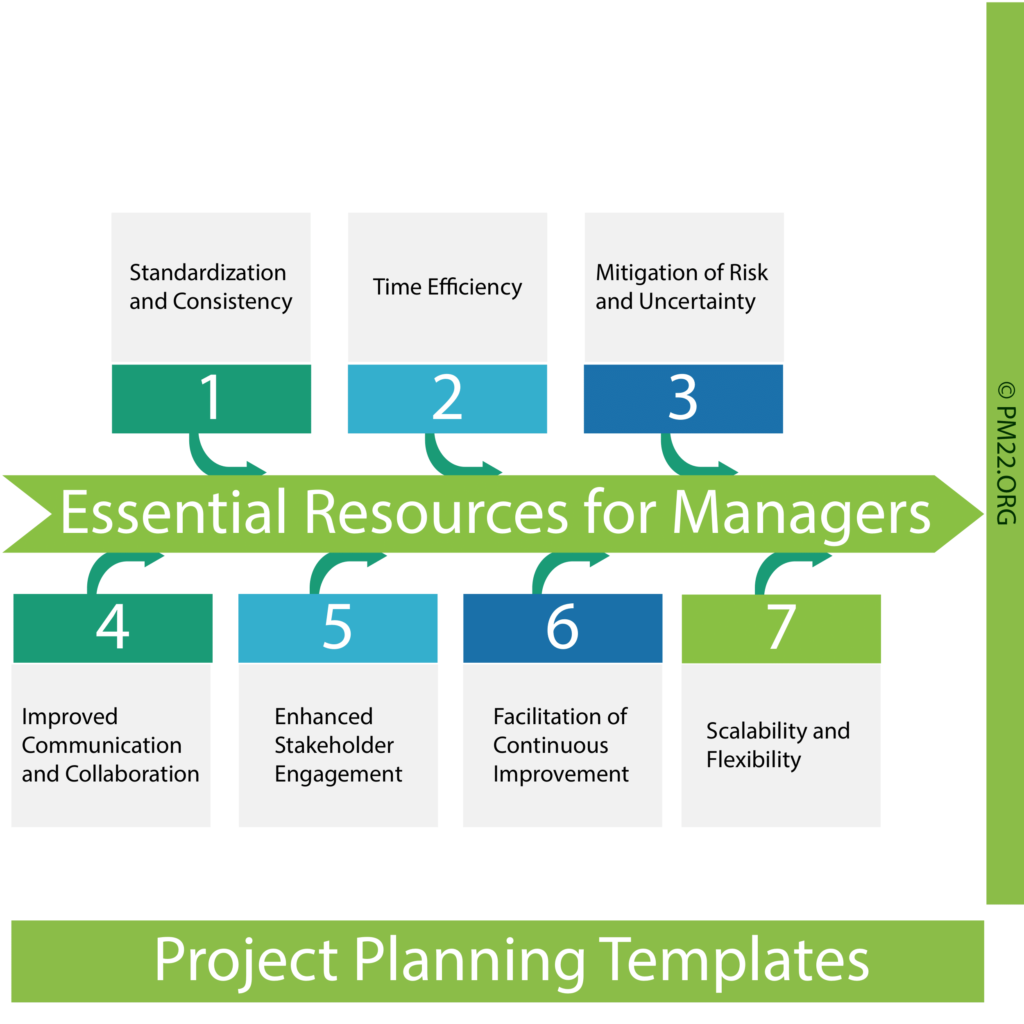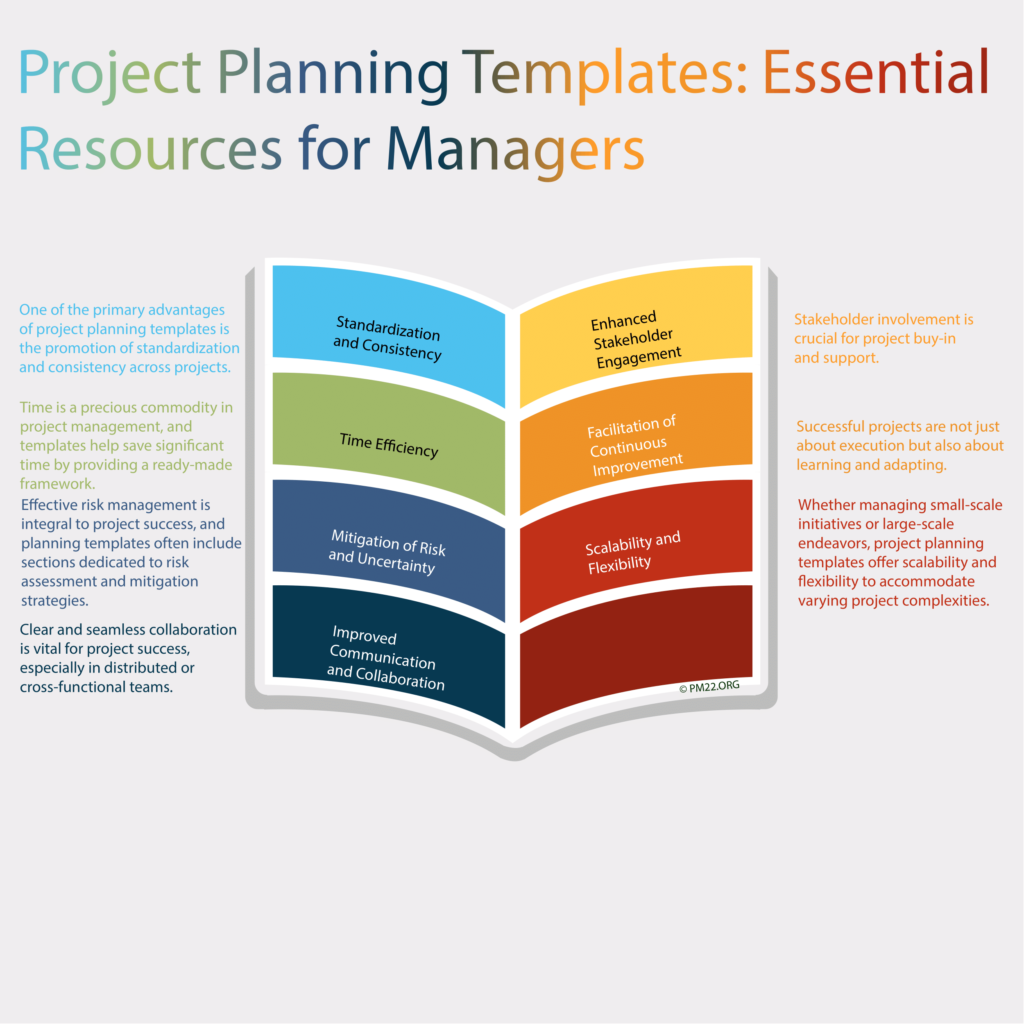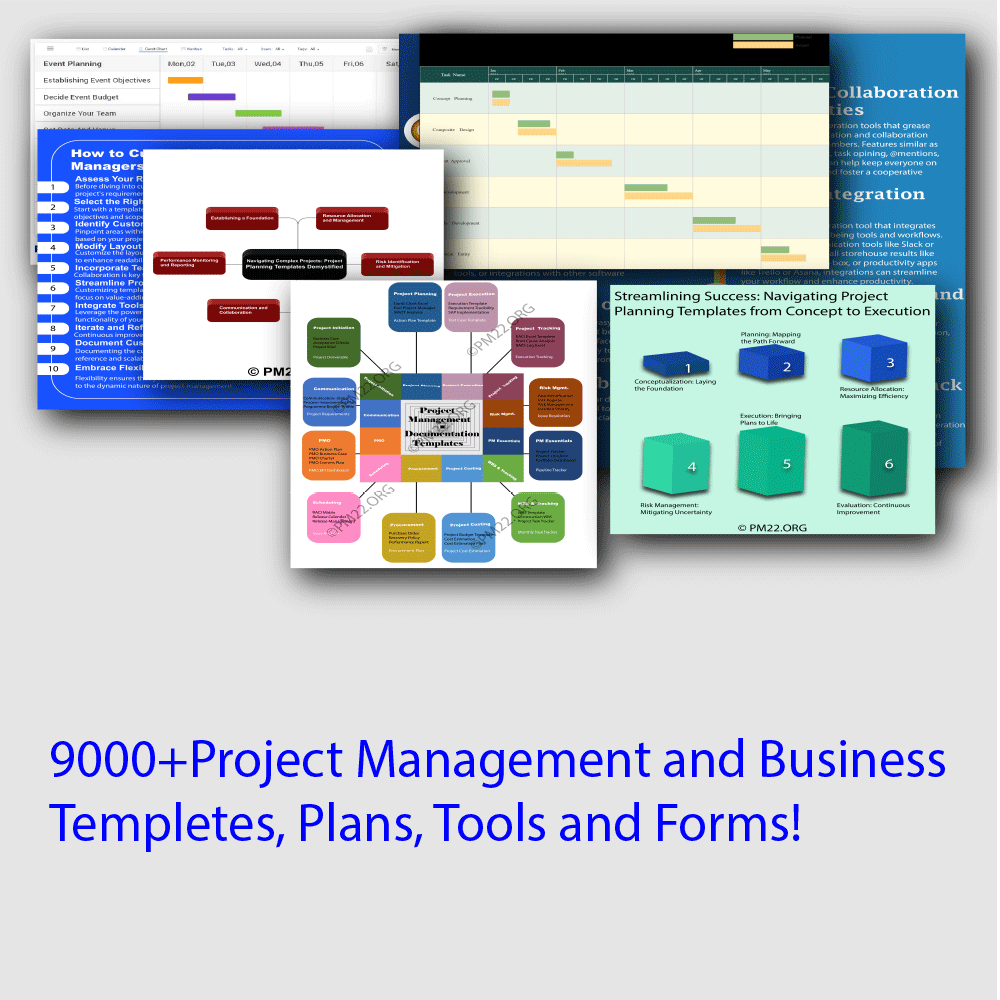 In the realm of project management, success often hinges on meticulous planning. A well-structured plan serves as a roadmap, guiding teams through the intricacies of tasks, timelines, and resources. However, crafting such plans from scratch can be time-consuming and prone to oversight. This is where project planning templates emerge as indispensable tools for managers, offering a structured framework to streamline the planning process and enhance project outcomes.
In the realm of project management, success often hinges on meticulous planning. A well-structured plan serves as a roadmap, guiding teams through the intricacies of tasks, timelines, and resources. However, crafting such plans from scratch can be time-consuming and prone to oversight. This is where project planning templates emerge as indispensable tools for managers, offering a structured framework to streamline the planning process and enhance project outcomes.
Project planning templates are pre-designed documents that outline various aspects of a project, including scope, objectives, deliverables, timelines, and resource allocation. These templates come in diverse formats, ranging from simple spreadsheets to comprehensive software solutions, catering to the unique needs of different projects and organizations. Here’s why these templates are essential resources for managers:
- Standardization and Consistency: One of the primary advantages of project planning templates is the promotion of standardization and consistency across projects. By using predefined templates, managers ensure that essential elements such as project goals, milestones, and budget allocations are consistently addressed. This consistency not only enhances efficiency but also facilitates easier monitoring and evaluation of project progress.

- Time Efficiency: Time is a precious commodity in project management, and templates help save significant time by providing a ready-made framework. Instead of starting from scratch for each project, managers can leverage templates to quickly kickstart the planning process. This allows teams to focus on refining project-specific details rather than reinventing the wheel.
CLICK HERE TO DOWNLOAD 300+ PROJECT MANAGEMENT TEMPLATES & DOCUMENTS IN EXCEL
- Mitigation of Risk and Uncertainty: Effective risk management is integral to project success, and planning templates often include sections dedicated to risk assessment and mitigation strategies. By prompting managers to identify potential risks upfront, these templates enable proactive measures to minimize their impact on project outcomes. Moreover, templates facilitate the integration of contingency plans, ensuring teams are prepared to tackle unforeseen challenges.

- Improved Communication and Collaboration: Clear and seamless collaboration is vital for project success, especially in distributed or cross-functional teams. Project planning templates serve as a central repository of project information, accessible to all team members. This fosters transparency, reduces misunderstandings, and promotes alignment towards common goals. Additionally, collaborative features in some template platforms allow real-time updates and feedback, enhancing team synergy.

- Enhanced Stakeholder Engagement: Stakeholder involvement is crucial for project buy-in and support. Project planning templates often include sections for stakeholder analysis and engagement strategies, enabling managers to identify key stakeholders and tailor communication approaches accordingly. By keeping stakeholders informed and involved throughout the planning process, templates facilitate smoother project execution and mitigate potential resistance.
CLICK HERE TO DOWNLOAD 300+ PROJECT MANAGEMENT TEMPLATES & DOCUMENTS IN EXCEL
- Facilitation of Continuous Improvement: Successful projects are not just about execution but also about learning and adapting. Project planning templates serve as valuable artifacts for post-project reviews and lessons-learned sessions. By analyzing the effectiveness of past templates and identifying areas for improvement, managers can refine their planning processes iteratively, driving continuous improvement in project outcomes.
- Scalability and Flexibility: Whether managing small-scale initiatives or large-scale endeavors, project planning templates offer scalability and flexibility to accommodate varying project complexities. Managers can customize templates to suit specific project requirements while still adhering to established best practices and organizational standards. This scalability ensures that the planning process remains adaptable to evolving project needs.
In conclusion, project planning templates are indispensable resources for managers seeking to streamline the planning process and enhance project outcomes. By providing standardized frameworks, saving time, mitigating risks, promoting collaboration, engaging stakeholders, facilitating learning, and offering scalability, these templates empower managers to navigate the complexities of project management with confidence and efficiency. Embracing project planning templates is not just a choice but a strategic imperative for organizations striving for project success in today’s dynamic business landscape.
